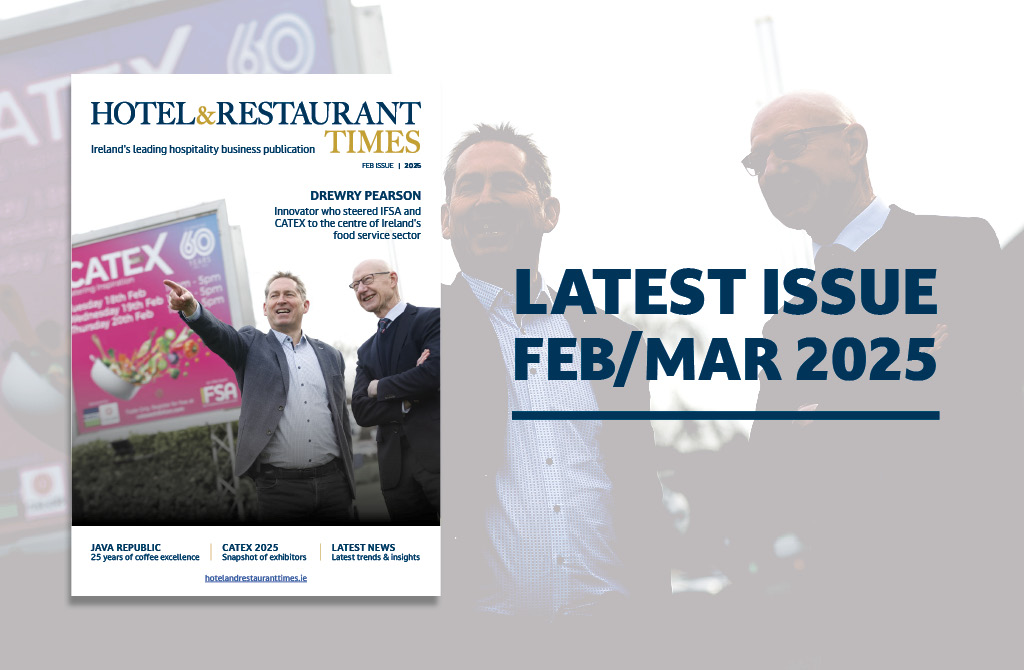
An excise rate cut would reduce costs for 1,000s of businesses overnight – hospitality sector
- DIGI calls for excise tax on drinks to be reduced by 7.5% in Budget 2023
- Call comes amid dramatic increases in costs as electricity prices for businesses are an eye-watering 60% higher than the EU average, gas users experienced a price increase of 60.2%, and heating oil increased by 91.9% in July 2022
DIGI, the Drinks Industry Group of Ireland, said today that a cut in Ireland’s high excise tax rate would make a tangible and immediate impact on businesses by reducing their costs overnight.
In its 2023 pre-Budget Submission, DIGI has called for a 7.5% reduction in Ireland’s excise tax rate to begin a programme of annual excise reductions aimed at gradually bringing Irish rates into line with the much lower levels in Europe. Ireland is among a group of outlier countries— Finland, Sweden, and the UK —that charges high levels of tax on drinks products relative to the rest of Europe and the UK. This is in addition to VAT charged on drinks.
Ireland has the second highest overall excise rate in the EU and UK, the highest excise on wine, the second highest on beer, and the third highest on spirits, despite Ireland producing some of the world’s most famous drinks products and considering the importance of drinks and hospitality businesses to our national and local economy and Irish tourism.
The magnitude of the differences in alcohol excise between Ireland and other EU economies is large. For example, the Irish government levies a tax bill of almost €12 on a bottle of off-licence-bought Irish whiskey produced in an Irish distillery. The tax on the same bottle in Spain is only €2.69.
The call for a reduction in excise tax rates comes as the hospitality sector endures a crippling cost of doing business crisis.
A recent report – the ‘Estimation of Costs of Doing Business in the Hospitality Sector: 2022 and 2023’ – commissioned by DIGI and researched and authored by DCU Associate Professor Emeritus and economist Anthony Foley, highlighted the soaring costs of doing business in the hospitality sector.
The report found that spiralling food and energy costs have taken their toll on the sector, with businesses facing a serious and sustained rise in costs now and in the period ahead.
According to the report, soaring energy prices pose the biggest concern. The price of electricity increased by 40% in July 2022 compared to July 2021, which followed a substantial increase of 11.3% in July 2021. Gas increased by 60.2% in July 2022 compared with a year earlier, while heating oil increased by 91.9% in July 2022. These rises in energy costs do not allow for further and significant increases announced by electricity and gas providers over recent weeks.
In its pre-Budget submission, DIGI describes the difficult operating environment the sector faces. With high inflation, hugely increased operating costs – including energy – rising labour costs, regulatory factors and staff and skill shortages, means the sector is enormously challenged.
Comment
‘When you combine this analysis with recent findings showing a decline in the number of pubs of almost 2,000 since 2005, it points to the need for meaningful policy measures to weather the immediate period,’ said DIGI Chair and Irish Distillers’ Communications and Corporate Affairs Director, Kathryn D’Arcy.
‘A perfect storm exists whereby the difficult operating environment, coupled with lower than anticipated economic growth and higher interest rates, means the business environment in 2022 and 2023 will be much more difficult than expected.
‘We’re seeking a reduction in Ireland’s high level of excise tax, to bring us in line with EU norms. The effect of this would be immediately felt. It would reduce costs for thousands of businesses throughout the country overnight. It’s a policy measure that is in the power of Government to implement easily and would signal a strong statement of support to the sector, providing more certainty in terms of business costs at a very uncertain time.’

















